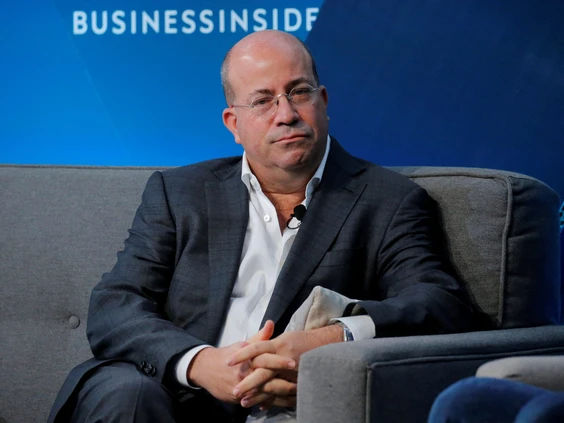As I tap away on my keyboard this New Year’s Day I wish I could say that much has changed in the world of work compared to the first year of the pandemic. Alas, despite the twists and turns of 2021, we ended the year rather close to where we began.
There is one change however, just announced on the eve of the new year, that will change employment dramatically.
We are now entering the era of shorter Covid isolation periods.
Those with Covid (who are double vaccinated) must only isolate for 5 days, a far cry from the 10 days of isolation implemented until now. That is, if your symptoms are improving for at least 24 hours.
In a news conference announcing the updates to provincial restrictions, Chief Medical Officer Dr. Kieran Moore said “It’s less burdensome for an employer if you return to work after that five day period.”
But on December 10, in another news conference Dr. Moore asked employers to allow employees to work from home. “We are asking that employers ask their employees to work from home whenever possible.”
Is the province now reversing course on the mighty burden it placed on employers just 3 weeks ago?
While some will say employers have become accustomed to allowing employees to work remotely, the fact is virtually all business requires some in person interaction. Many businesses are aching to return to “business as usual”.
Asking employers to have employees work from home “whenever possible” is, well, a big ask. Failing to allow remote work in the face of this recommendation can breed discontent within workforces, insubordination and retention issues.
The shortening of the Covid isolation period to 5 days suggests that the risk of contracting Covid is lower than we once thought and that previous health recommendations were overkill.
The Retail Council of Canada had applauded the decision, pointing to the labour shortages that have crippled retailers that have had to juggle worker schedules all while trying to keep their doors open.
Shortening the isolation period will certainly reduce the devastating effects Covid has had on employee income and reduce business disruption. There is some evidence to suggest vaccinated employees that are contracting Covid are experiencing mild symptoms or none at all. Many employees don’t require a break at all from work even if they have Covid.
The fact however is that employees have been trained to fear going to work over the last two years. Reducing the isolation period will, unequivocally be met with resistance as employees will be pushed to quickly shed their discomfort and anxiety around Covid prevalence.
In light of the shortened isolation period, savvy employers should do the following:
Carefully track employer Covid cases within their workplaces. Employers should note the date of a positive test and the date of the onset of symptoms;
Create a questionnaire for returning employees to confirm a decline in symptoms on the 5th day following a Covid diagnosis; and, Increase communication throughout the workplace to allay fear and anxiety about the risk of Covid outbreaks.
While the shortened isolation period may boost the economy in a significant way, employers will be saddled with managing the fear and anxiety this sudden change will bring to their workforces.
On to this week’s questions:
Q. I have a few employees that took holidays in December. I figure they all had to do PCR tests in order to travel. For example, one went on a cruise vacation out of the country. Can I ask for the PCR test results when they come back?
A. While employee privacy is of great importance, workplace safety is paramount and it could be reasonable to ask for the PCR results of traveling employees. A best practice is to create a policy that treats all employees fairly and consistency. Covid protocols should be distributed to all employees, in writing. If you don’t have a vaccine or Covid mandate, create one now so that everyone is singing from the same song sheet.
Q. I was in an all hands meeting before the holidays when my employer wanted to set objectives for the new year. Everyone had to be present but we were spaced out and most people wore masks. We were informed after that an employee at the meeting tested positive for Covid and that they may or may not have been positive at the time of the meeting. That was two days ago. I don’t have any symptoms but I am annoyed at the risk. Should I isolate and if I do, will I lose pay?
A. First of all, if you feel sick, stay home. Current guidance from the province says that you are not required to isolate (but should self monitor) if you’ve been exposed to someone with Covid. The presence of symptoms should guide your decision about isolation. If you don’t have Covid you would not be entitled to pay if you decide to stay home based on current legislation but your employer may have a different policy. Contact your employer for guidance on what it is doing to keep you and employees safe and whether you will be paid during any period of self isolation.
Have a workplace issue? Maybe I can help! Email me at sunira@worklylaw.com and your question may be featured in a future column.
The content of this article is general information only and is not legal advice.




